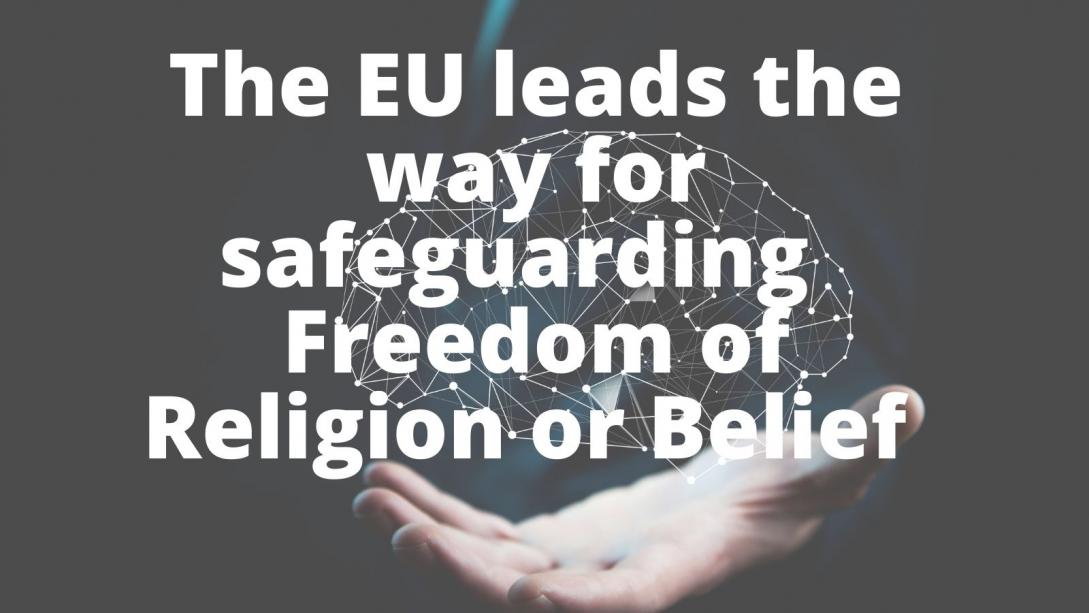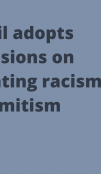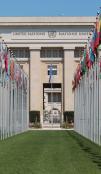EU leads the way for safeguarding of Freedom of Religion or Belief at UNGA

On 28 October, a resolution on “Freedom of Religion or Belief” was adopted by consensus by the UN General Assembly’s Third Committee. In appearance, this adoption is routine. The “FoRB” resolution, as the experts call it, is passed every year since 2012 with only minor updates to the original text. However, at a time where discrimination and violence based on religion or belief are increasing, renewed international commitment to FoRB remains vital.
Carried by the European Union (EU), the resolution exhorts UN Member States to adopt an encompassing definition of FoRB that supports, in addition to the right to believe and manifest one’s beliefs, the right not to believe and the freedom to change religion or beliefs. It calls on them to promote tolerance and equality among faiths and communities and to take action for the elimination of discrimination and violence based on religion or belief. This includes putting an end to discriminatory laws, training civil servants and public officials tolerance and providing equal access to justice for victims of discrimination, hatred and violence. The resolution also emphasises the key role played by media, education and dialogue in promoting FoRB and encourages States to use these tools to foster lasting peace among populations.
Strong leadership is needed to implement this resolution, especially given the attacks FoRB is under. Blasphemy and atheism continue to be criminalised in many countries, with sentences ranging from fines to loss of citizenship, imprisonment and, in 12 countries to this day, death. Incidents related to discrimination and violence based on religion or belief have surged, from hate speech to violent attacks against religious sites and members of religious or belief communities.
Deeply concerned by these threats and committed to the universal values featured in the Universal Declaration on Human Rights, the EU adopted in 2013 a set of Guidelines to promote and protect freedom of religion or belief. Eight years later, FoRB remains high on the Union’s policy agenda, within the UN General Assembly and beyond.





